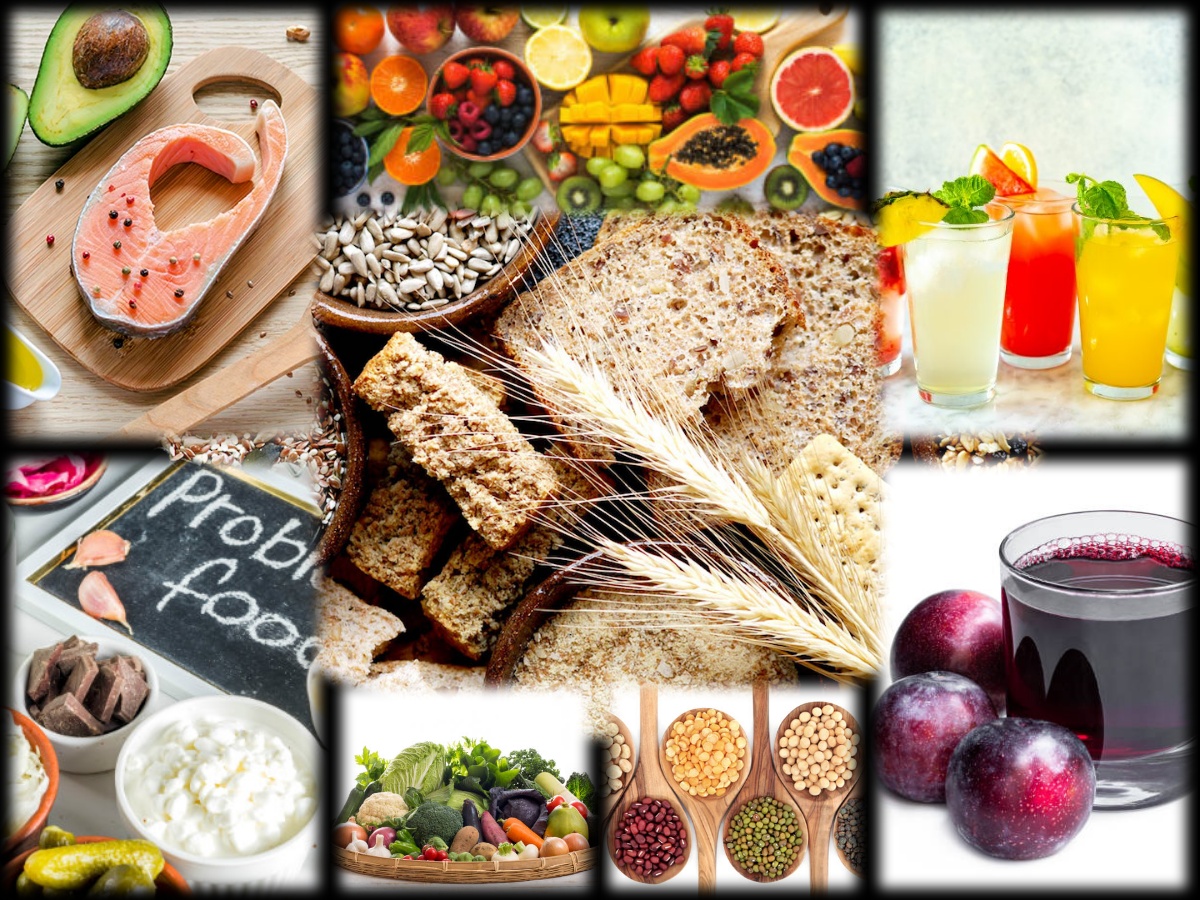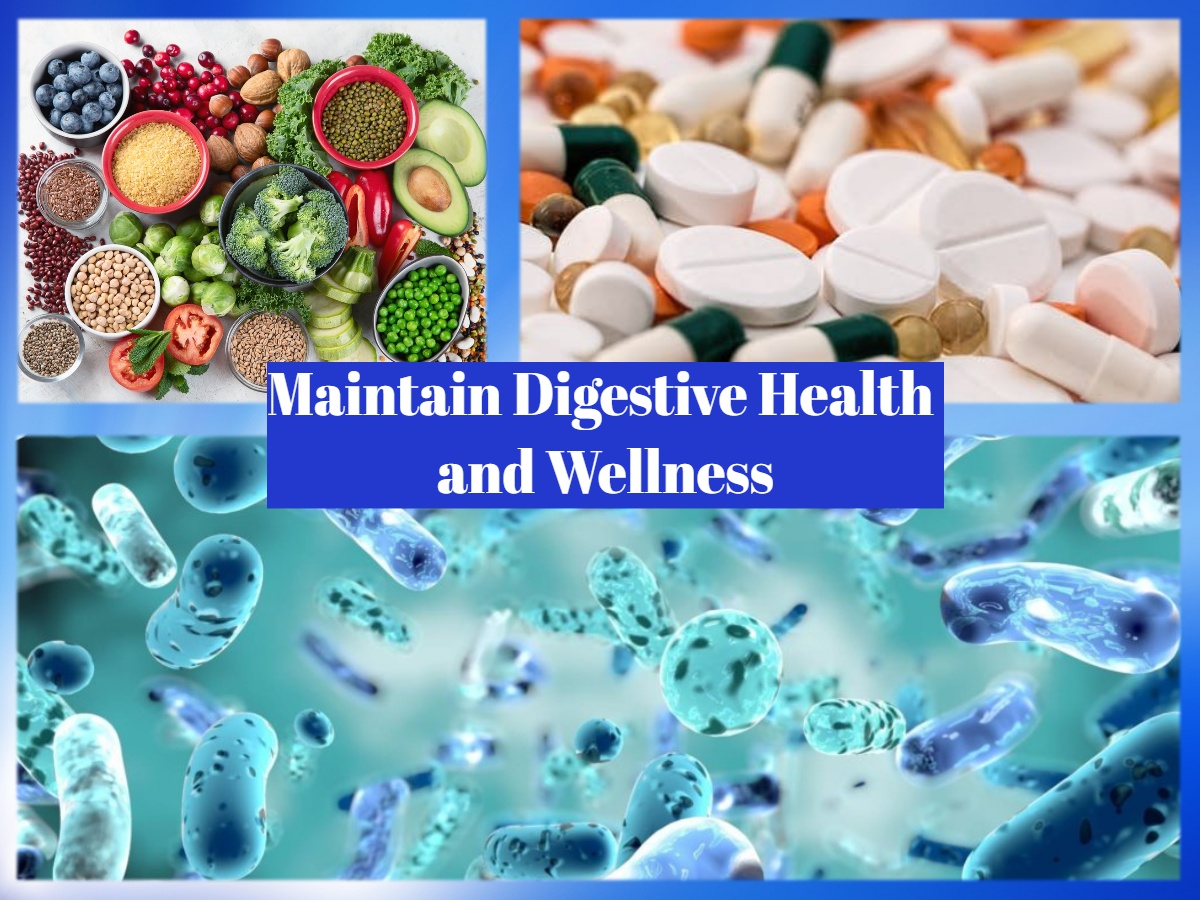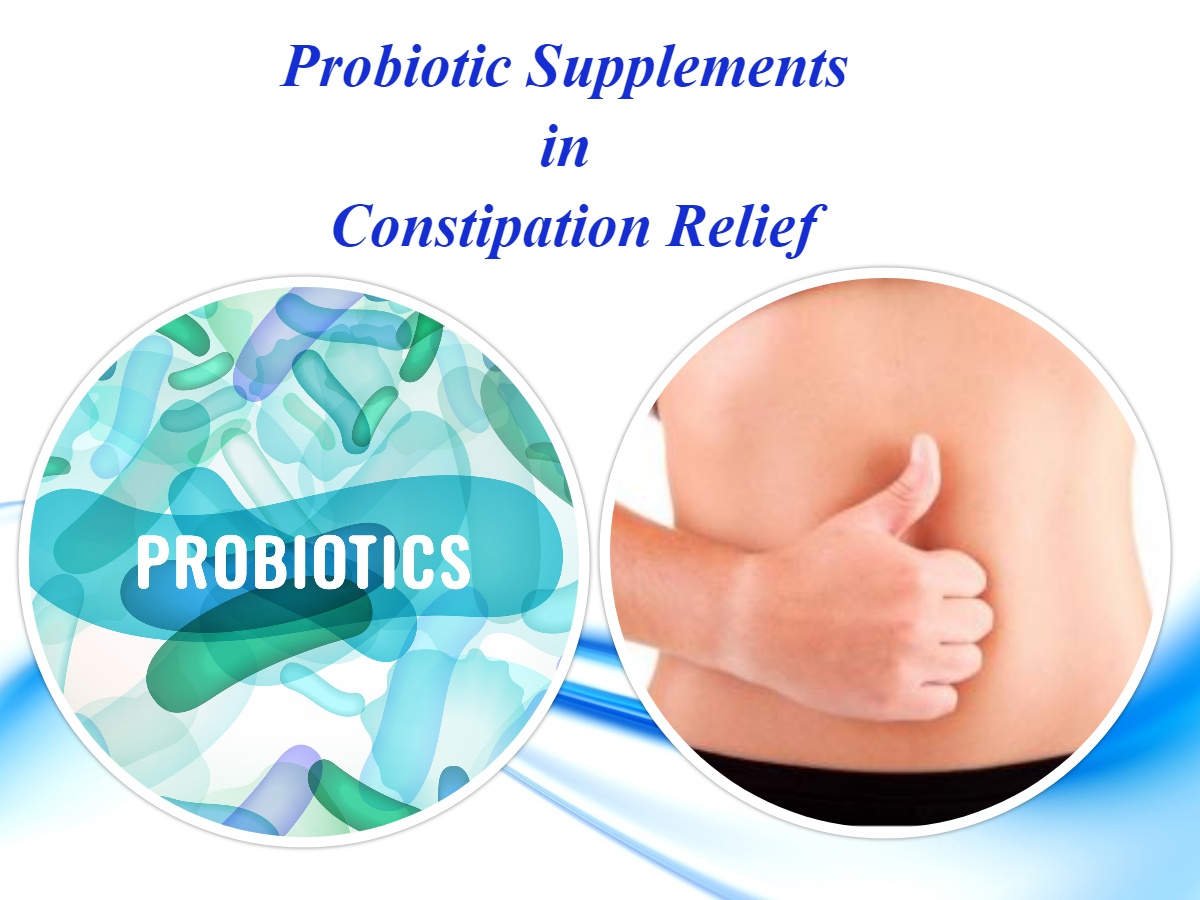Constipation can be a discomforting, sometimes embarrassing, but mostly manageable condition that affects people of all ages. With lifestyle adjustments, dietary changes, and natural remedies, relief is not only possible but can be maintained for a healthier gut and overall wellbeing.
Table of Contents
Understanding Constipation
Causes of Constipation
The root causes of constipation are varied and can involve lifestyle choices, dietary habits, medical conditions, and medications. Here’s a breakdown of the primary factors:
- Dietary Habits: A diet low in fiber is a leading cause. Fiber adds bulk to the stool, making it easier to pass. Insufficient intake of water and other fluids can also lead to harder stools, which are more difficult to pass.
- Lifestyle Choices: Physical inactivity can lead to weakened bowel movements. Regular exercise helps stimulate intestinal activity.
- Routine Changes: Changes in daily routine, such as travel or altered eating schedules, can affect bowel regularity.
- Medications: Certain medications, including painkillers, antidepressants, and iron supplements, can cause constipation as a side effect.
- Health Conditions: Some health issues, such as diabetes, thyroid disorders, and neurological conditions like Parkinson’s disease, can predispose individuals to constipation.
- Age: The risk of constipation increases with age, partly due to a decrease in physical activity, changes in diet, and the use of more medications.
Symptoms of Constipation
Identifying constipation goes beyond recognizing a decrease in the frequency of bowel movements. Key symptoms include:
- Hard, Dry Stools: These are difficult to pass and can cause straining during bowel movements.
- Infrequency: Having fewer than three bowel movements a week is a common threshold for constipation.
- Discomfort: This may include bloating, abdominal pain, and a sensation of incomplete evacuation after a bowel movement.
- Straining: Experiencing difficulty or having to exert much effort to pass stools.
Effects on the Body
The impact of constipation on the body can be both physical and emotional. Physically, it can lead to hemorrhoids, anal fissures, and in severe cases, fecal impaction. Emotionally, the discomfort and stress of chronic constipation can affect mood, productivity, and overall quality of life.
Preventive Measures
Preventing constipation primarily involves lifestyle and dietary changes:
- Increase Fiber Intake: Incorporating more fruits, vegetables, whole grains, and legumes into your diet.
- Stay Hydrated: Drinking plenty of water and limiting caffeine and alcohol, which can dehydrate the body.
- Exercise Regularly: Engaging in physical activity to stimulate bowel movements.
- Maintain a Routine: Trying to have bowel movements at the same time each day can help establish regularity.

Dietary Changes for Relief
Increase Fiber Intake
Fiber plays a crucial role in softening stools and increasing their bulk, which makes them easier to pass. There are two types of fiber, both beneficial for constipation relief:
- Soluble Fiber: Dissolves in water to form a gel-like substance, helping to soften stools. Found in oats, peas, beans, apples, citrus fruits, carrots, barley, and psyllium.
- Insoluble Fiber: Adds bulk to the stool and helps it pass more quickly through the stomach and intestines. Found in whole grains, wheat bran, nuts, beans, and vegetables such as cauliflower, green beans, and potatoes.
Aiming for a daily intake of 25 grams for women and 38 grams for men, as recommended by the Academy of Nutrition and Dietetics, can significantly improve constipation.
Stay Hydrated
Drinking sufficient water and other fluids is essential when increasing your fiber intake. Fluids help fiber work better by softening stools and making them easier to pass. Aim for at least 8 glasses of water a day, and consider warm liquids, including herbal teas, which can further aid digestion.
Limit Foods That Can Exacerbate Constipation
Some foods can worsen constipation, including:
- Low-Fiber Foods: White bread, white rice, processed foods, and dairy products can contribute to constipation.
- Alcohol and Caffeine: These can lead to dehydration, which can worsen constipation. Moderation is key.
- Red Meat: High in fat and often replacing high-fiber options in the diet, red meat can slow down the digestion process.
Incorporate Probiotics
Probiotics are beneficial bacteria that improve gut health and can enhance bowel regularity. They are found in fermented foods such as yogurt, kefir, sauerkraut, kimchi, and miso. Probiotic supplements are also an option but consult a healthcare provider before starting any supplement regimen.
Consider Prunes and Prune Juice
Prunes (dried plums) and prune juice have a natural laxative effect, thanks to their high content of fiber, sorbitol, and phenolic compounds. They can be a gentle, natural way to alleviate constipation.
Mind Your Meal Times
Eating your meals and snacks at regular times each day can help regulate your bowel movements. The body thrives on routine, and establishing consistent eating times can support digestive health.
Chew Food Thoroughly
Digestion begins in the mouth, and thoroughly chewing your food can make a significant difference in how well your digestive system processes food. This can help prevent constipation by facilitating smoother digestion and nutrient absorption.

Lifestyle Modifications
Regular Physical Activity
Exercise is a crucial component of a healthy lifestyle, and its benefits extend to improving digestive health. Regular physical activity helps stimulate the natural contraction of intestinal muscles, enabling stools to move more smoothly through the digestive tract. Aim for at least 30 minutes of moderate exercise most days of the week. Activities can include:
- Walking
- Jogging
- Swimming
- Cycling
- Yoga, particularly poses that involve abdominal stretching and movement
Manage Stress
Stress can have a significant impact on digestive health, including contributing to constipation. The body’s response to stress can slow down various bodily functions, including digestion. Finding effective ways to manage stress can therefore help alleviate constipation. Techniques can include:
- Meditation
- Deep breathing exercises
- Mindfulness
- Regular exercise
- Engaging in hobbies and activities you enjoy
Maintain a Consistent Bathroom Routine
Establishing a regular routine for bowel movements can enhance regularity. Try to go to the bathroom at the same time each day, ideally after meals, to take advantage of the body’s natural post-meal digestive reflexes. Giving yourself enough time and privacy to use the bathroom without rushing can also make a difference.
Stay Hydrated
While technically also a dietary change, increasing fluid intake is a lifestyle habit worth emphasizing. Drinking enough water is essential, especially when increasing fiber intake. Adequate hydration helps keep the digestive system lubricated and stools soft, making them easier to pass.
Avoid Holding In Bowel Movements
Ignoring the urge to have a bowel movement can lead to harder, more difficult-to-pass stools over time. Responding to your body’s natural signals is crucial for maintaining regular bowel movements and preventing constipation.
Consider Your Seating Position
Using a footstool to elevate your feet and mimic a squatting position while on the toilet can align the body in a way that facilitates easier bowel movements. This position can help reduce strain and make passing stools less effortful.

Natural Remedies
Herbal Teas
Herbal teas are renowned for their digestive benefits and gentle laxative properties, making them a popular choice for alleviating constipation. Some notable options include:
- Senna Tea: Senna contains natural compounds called sennosides that stimulate intestinal activity and encourage bowel movements. It’s effective but should be used cautiously and for short periods.
- Peppermint Tea: Known for its soothing properties, peppermint tea can relax the digestive system and may help relieve symptoms of constipation.
- Ginger Tea: Ginger is a warm, stimulating herb that can help increase digestive movement and relieve bloating and constipation.
Aloe Vera
Aloe vera is often used topically but can also be ingested in juice form as a laxative. It promotes moisture in the intestines and helps stimulate bowel movements. However, its consumption should be moderate due to potential side effects.
Water with Lemon
Starting the day with a glass of warm water with lemon can stimulate the digestive system and encourage bowel movements. Lemon contains citric acid, which acts as a natural stimulant for the digestive system and can help flush toxins from the body.
Fiber Supplements
For those struggling to get enough fiber through their diet, fiber supplements can be an effective remedy. Psyllium husk, for example, is a popular option that absorbs water in the gut and makes bowel movements easier. It’s important to increase water intake when using fiber supplements to avoid worsening constipation.
Castor Oil
Castor oil is a traditional remedy that acts as a stimulant laxative, encouraging the movement of the intestines. It can be effective but should be used sparingly and with caution, as it can also lead to cramping and is not suitable for everyone.
Exercise
Regular physical activity is crucial for maintaining healthy bowel movements. Even a daily walk can help stimulate the muscles in the intestines and promote a more regular bowel schedule.
Deep Breathing and Relaxation Techniques
Stress can be a significant factor in constipation. Practices such as yoga, meditation, and deep breathing exercises can help reduce stress and may improve the frequency of bowel movements by relaxing the body and encouraging a more functional digestive system.
Flaxseeds
Rich in both soluble and insoluble fiber, flaxseeds can help in forming bulkier stools that are easier to pass. They also contain oils that help lubricate the digestive system. Ground flaxseeds can be added to smoothies, cereals, and yogurts for a constipation remedy that’s both effective and nutritious.

Conclusion
Constipation relief involves a multifaceted approach that includes diet, lifestyle changes, and natural remedies. By understanding the causes and implementing gentle, effective strategies, you can alleviate discomfort and improve your digestive health. Remember, if symptoms persist, consulting with a healthcare provider is essential.
FAQs
- What are the best high-fiber foods for constipation relief?
- How much water should I drink to help with constipation?
- Can exercise really improve constipation?
- Are there any side effects to using herbal teas for constipation?
- When should I be concerned about my constipation?










